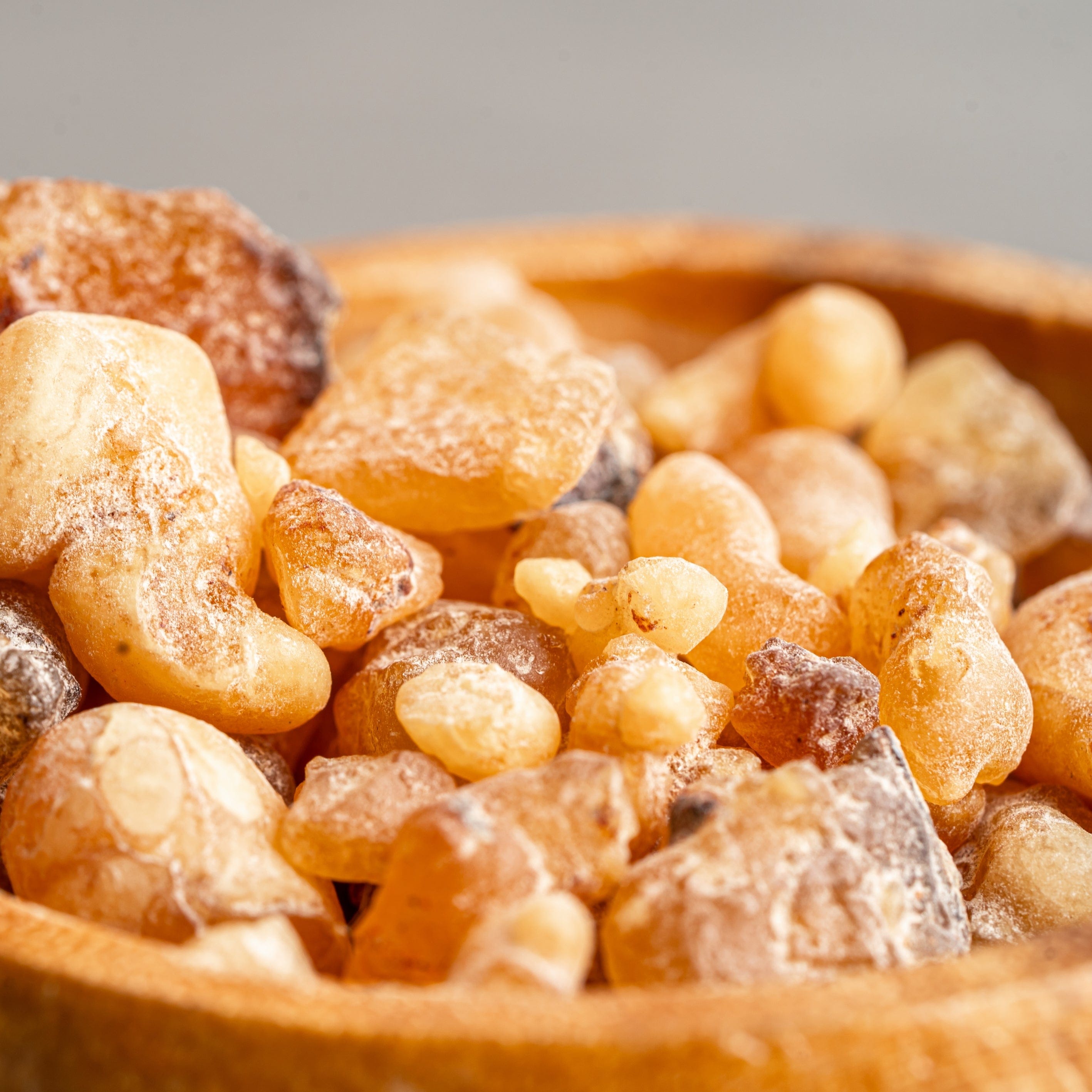Skin cancer is one of the most common cancer types however, it is also very easy to treat especially when it is discovered early. Some studies reveal that essential oils is a possible natural treatment for skin cancer. Skin cancer refers to any cancer inside the skin that originates in the cells. The unchecked, irregular growth of cells, developing into masses or lesions known as tumors, characterizes skin cancer. Usually, these skin tumors help distinguish skin cancer, since they are the earliest symptoms of melanoma or other forms of skin cancer.
Frankincense Oil for Skin Cancer
Boswellic acid, which possesses natural anti-inflammatory properties, is the key active ingredient in frankincense essential oil.
Studies on frankincense oil and its effects on bladder cancer showed that there was possible anti-tumor activity in the essential oil and triggered multiple cell signalling pathways that induced the death of bladder cancer cells. Results suggest that frankincense oil can potentially be able to distinguish between healthy tissue and cancerous tissue, along with its capacity to suppress cancer cell viability.
A similar research on breast cancer cells showed that frankincense oil would cause the death of breast cancer cells effectively. The essential oil can also inhibit tumor growth and aggression and hinder the growth of new cancer cells.
If you plan to use frankincense oil, do not add it to your skin tumors or lesions without dilution. Skin irritation, inflammation, or burning sensations may be caused by topical application of undiluted frankincense essential oil. Instead, in a carrier oil such as jojoba or coconut oil, dilute a drop of frankincense oil. This can help reduce any adverse skin reactions.
Conclusion
While it is not a cure, frankincense oil may help in suppressing skin cancer cells. Even if you do not have skin cancer, you may use it to prevent skin cancer. Skin cancer is one of the easily treatable cancers so do go for health check-ups frequently for early detection of cancerous cells.
The information provided in this article does not serve as a substitute for professional medical advice. Do seek a professional for advice on treatment.
Want to read more like this? Check out similar posts below:
8 REASONS WHY SUN PROTECTION IS IMPORTANT


Share:
How Essential Oils Can Help the Elderly Feel Young Again
DIY Essential Oil Blends to Treat Acne